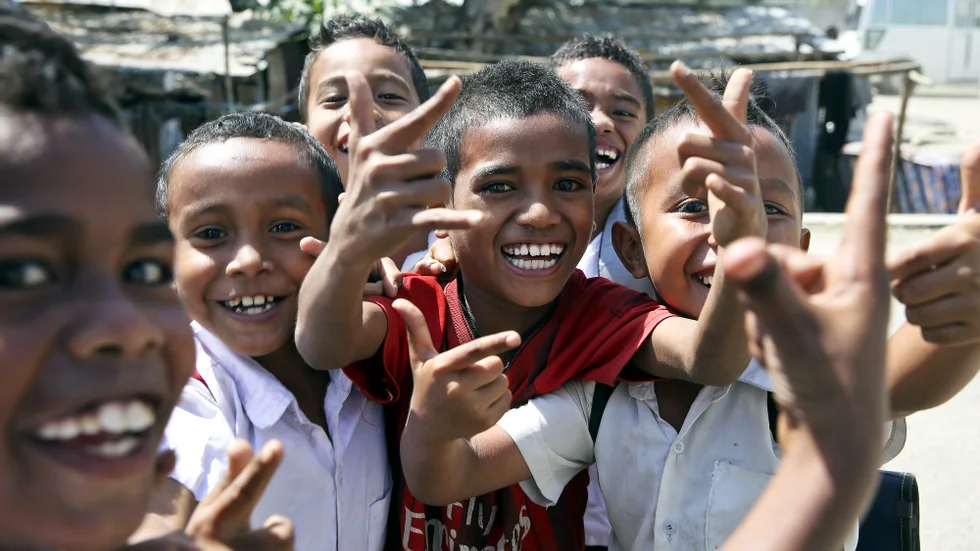November 14, 2023 – The World Bank has issued a warning about a human capital crisis in Timor-Leste, emphasizing the urgent need for action to ensure that children born in the country today can realize their full productive potential in adulthood.
The caution is part of the report titled “Seizing Lifetime Opportunities – Timor-Leste Human Capital Review 2023,” published on the World Bank’s official website. The report states that children born in Timor-Leste today will achieve less than half the productivity they could have as adults if they had complete academic training and full access to healthcare services.
According to the World Bank’s Human Capital Index, children born in Timor-Leste today will only realize about 45% of their potential productive capacity in adult life. This is a concerning indicator of the country’s future human resource capabilities.
The report also warns of the imminent depletion of the Petroleum Fund within a decade. This fund, being the backbone of the Timorese economy, poses a significant risk to the sustainability of the country’s economy as well as its health, education, and social protection systems.
Despite this bleak outlook, the World Bank believes there are unique opportunities that must be seized immediately to address this crisis. There is a limited window of opportunity to build high-level human capital through quality education, healthcare, nutrition, and social protection.
The youth boom in Timor-Leste’s population could become a driving force for economic growth. However, this requires rationalizing public sector expenditures, stimulating a private sector, and ensuring better coordination among stakeholders. It also calls for greater accountability and the creation of integrated data systems for policy development.
The report notes that high public expenditures on human capital in Timor-Leste have not led to improved human development outcomes. This indicates inefficiencies in spending. The healthcare sector lacks basic services with continued low utilization, while the education sector struggles to respond despite increased demand. The World Bank emphasizes that spending has not translated into poverty reduction or improved human capital outcomes.


Stay connected